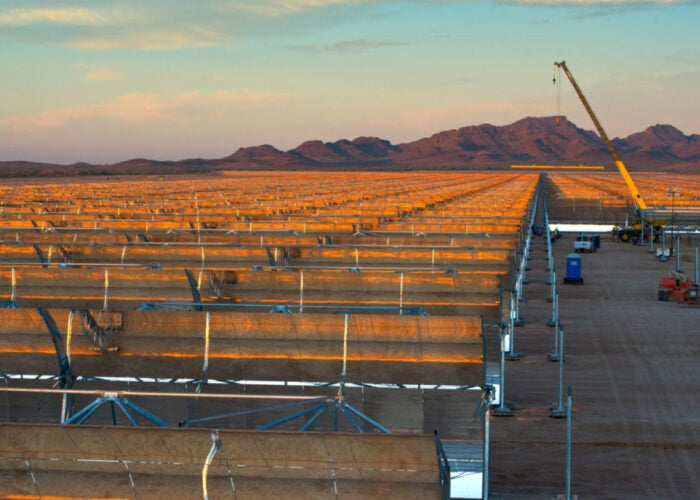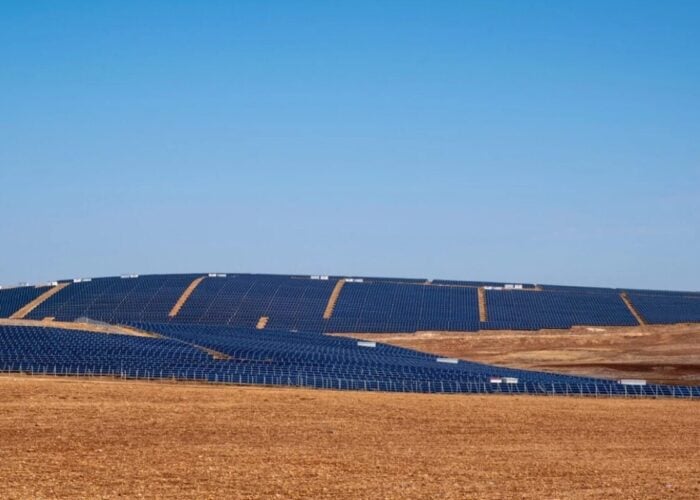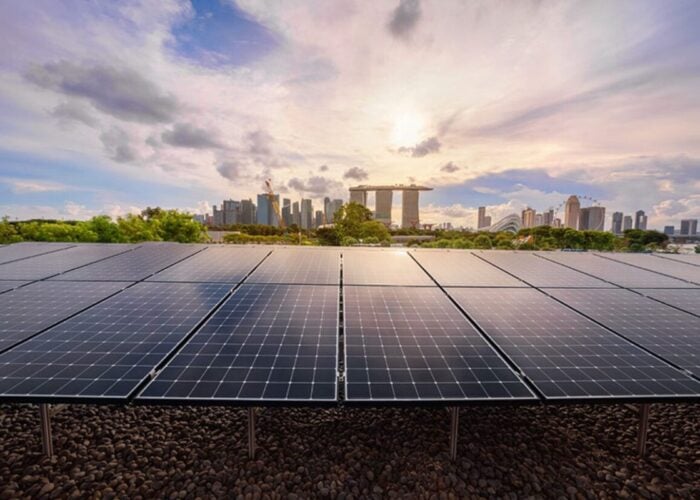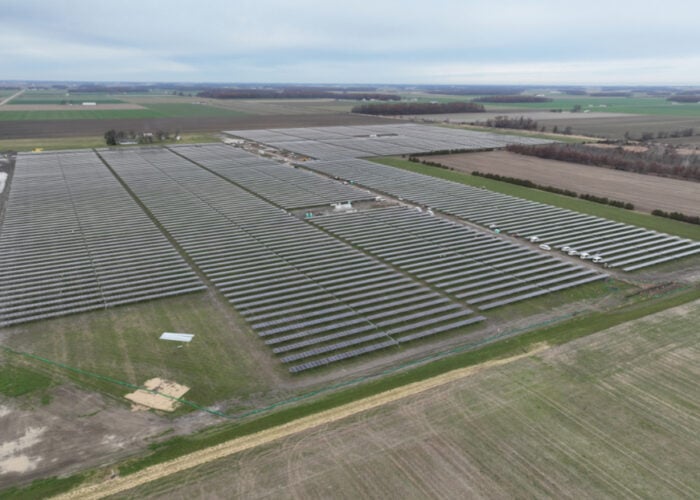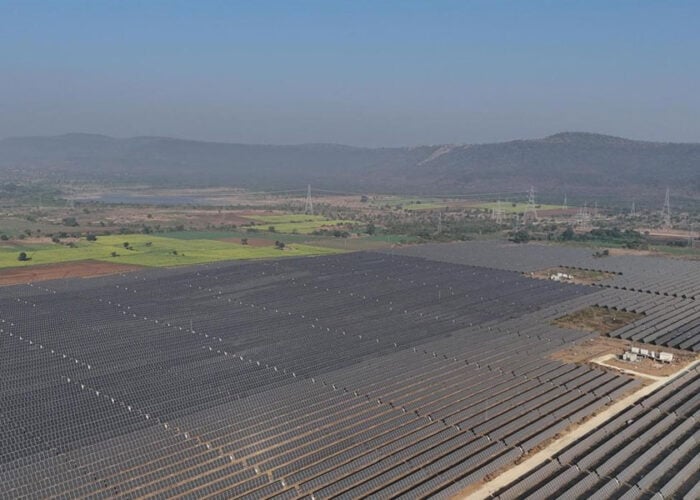
The Bangladesh Power Development Board has launched a tender for new solar projects, seeking to connect 2,605MW of new solar capacity to the country’s grid.
Tenders are available for a total of 14 projects between 105MW and 250MW in size. All of the projects will be located near grid substations, of which seven are currently in operation, and seven are currently under construction. Bidders will have until 28 May to submit applications and successful bids will be awarded 20-year power purchase agreements (PPAs) to sell power produced at their projects.
Unlock unlimited access for 12 whole months of distinctive global analysis
Photovoltaics International is now included.
- Regular insight and analysis of the industry’s biggest developments
- In-depth interviews with the industry’s leading figures
- Unlimited digital access to the PV Tech Power journal catalogue
- Unlimited digital access to the Photovoltaics International journal catalogue
- Access to more than 1,000 technical papers
- Discounts on Solar Media’s portfolio of events, in-person and virtual
Or continue reading this article for free
The Power Development Board has signed these kinds of PPAs in the past, reaching a 20-year agreement with developer ib vogt for a 50MW solar project in the country in August 2024.
The news follows the launch of a number of other solar tenders in Bangladesh. At the start of this year, the Power Development Board launched a tender for 500MW of solar capacity, for which bids had to be submitted by 9 March. The board is also currently considering applications for a tender of 1,780MW of capacity, launched at the end of January, for which applicants can make bids until the end of March.
The flurry of tenders comes as Bangladesh looks to expand its renewable energy sector, considering its historic reliance on fossil fuels. Figures from Ember show that, in the 12 months to August 2024, just 1.8% of the country’s electricity consumption came from low-carbon sources, split evenly between hydropower and solar.
The country has also been a net importer of electricity since 2014, so the commissioning of new solar capacity will help balance its power generation mix and reduce its reliance on importing electricity generated overseas, bolstering energy security.


